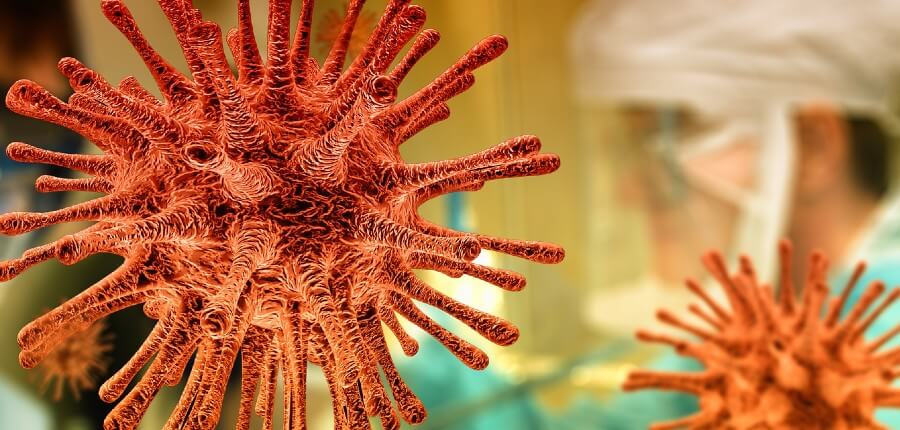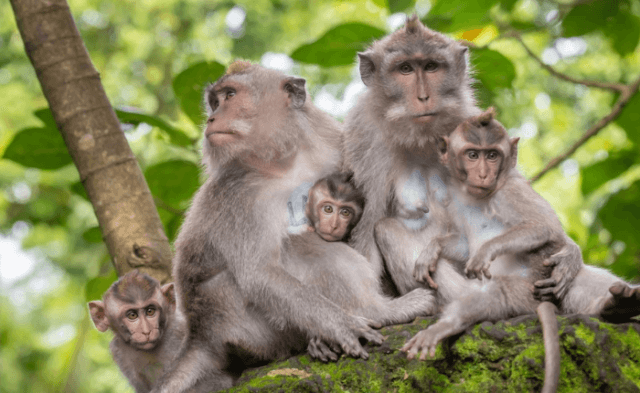The race to stop the coronavirus raises an ethical question: As USA Today put it, “Is it acceptable to deliberately infect healthy people with a disease that could kill them, and for which there is no cure?”
Absolutely – as long as those participating are volunteers and fully informed of the risks and as long as precautions are taken to prevent them from infecting anyone else. Using willing humans is far more ethical than using animals, because animals can never give their consent. It may also be our best hope of stopping the coronavirus.
The U.S. government seems to recognize this: For the first time, both the Food and Drug Administration and the National Institutes of Health greenlighted a landmark human clinical trial of a vaccine without first requiring extensive animal tests.
This is a major departure from typical vaccine-development cycles. Companies are usually required to spend years infecting animals with diseases, flooding their bodies with mega-doses of unproven substances and recording how many die or have serious adverse reactions before human clinical trials are allowed to begin. Moving a new drug to market may cost up to $2 billion and take 15 years. These high costs are often passed along to patients in the form of unaffordable price tags for prescription drugs.
That system isn’t just cruel, expensive and time-consuming – it’s also grossly unreliable. The NIH itself reports that 95 out of every 100 drugs that pass animal tests fail in humans, sometimes with disastrous consequences.
For example, six human volunteers suffered multiple organ failure in the 2006 clinical trial for the immunomodulatory drug Theralizumab, after receiving a dose 500 times smaller than that found safe in animal tests. Five of them were hospitalized for three months, while the other went into a coma. Even six months later, participants suffered from headaches and memory loss, and one had to have toes and fingers amputated as a result of gangrene.
While other animals share humans’ capacity for pain, loneliness, fear and suffering, there are significant differences in the ways our bodies react to drugs and diseases. Monkeys who were used in one coronavirus vaccine experiment did not present the severe symptoms that many humans infected with the virus exhibit. “It looks like they got a cold,” NIH virologist Malcolm Martin observed. Mice, too, show only mild symptoms of COVID-19 and must be genetically engineered just to make them susceptible to it.
Science has evolved beyond crude tests on animals. Researchers around the globe are using cutting-edge, human-relevant methods to study the coronavirus, such as three-dimensional reconstructed human respiratory tissue models, advanced computer simulation methods, cell cultures and more.
Plasma from recovered COVID-19 patients is showing promise in helping those who are currently fighting the virus. And there are scores of altruistic humans who are willing to receive a test vaccine for the good of all. Over 28,000 people have already volunteered to be exposed to coronavirus in order to speed up vaccine development at the online registry 1 Day Sooner. As one of them put it, “Times like these call for people who are able to be brave and put themselves forward for the greater good of society – this may be (the) defining period of my lifetime.”
COVID-19’s reign of terror is far from over, and testing vaccines on animals is just a shot in the dark. If we hope to beat this devastating disease, perhaps it’s time for us to roll up our sleeves.
Shalin Gala is the vice president of international laboratory methods for PETA.





